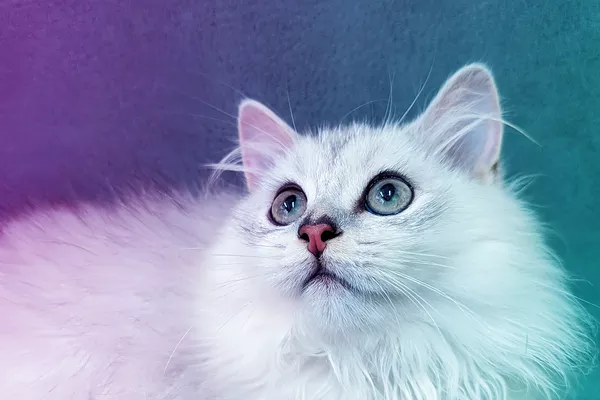Owning a Russian tortoise comes with the responsibility of ensuring its well-being through proper care and nutrition. The diet you provide plays a crucial role in maintaining the health and longevity of your Russian tortoise. In this comprehensive guide, we will delve into the intricacies of a balanced Russian tortoise diet, exploring suitable foods, feeding frequency, and essential considerations for their overall health.
Understanding the Russian Tortoise
Before diving into the specifics of their diet, it’s essential to understand the Russian tortoise’s natural habitat and dietary preferences. Native to arid regions, these tortoises are adapted to consuming a variety of plants, flowers, and leafy greens. In captivity, replicating this natural diet is key to promoting their well-being.
Key Nutritional Requirements
A well-rounded Russian tortoise diet should mimic the nutritional profile of their natural habitat. Ensure that their food contains essential nutrients such as fiber, calcium, vitamins, and minerals. These elements are vital for proper shell development, organ function, and overall health. A lack of these nutrients can lead to various health issues, including metabolic bone disease.
Leafy Greens: A Staple in the Russian Tortoise Diet
Leafy greens are a fundamental component of the Russian tortoise diet. Offer a mix of dark, leafy greens like kale, collard greens, mustard greens, and dandelion greens. These vegetables are rich in fiber, providing the necessary bulk for proper digestion. However, it’s crucial to rotate these greens to offer a diverse range of nutrients and prevent boredom.
Hay and Grasses: Dietary Fibers for Digestive Health
In the wild, Russian tortoises graze on a variety of grasses. In captivity, provide high-fiber hay, such as timothy hay or Bermuda grass hay, to support their digestive health. Hay aids in maintaining proper gut motility, preventing constipation, and ensuring the efficient absorption of nutrients.
See Also: How Often do Desert Tortoises Eat – Do they Drink as well?
Avoiding High-Protein Foods: Pitfalls in the Russian Tortoise Diet
One common mistake in Russian tortoise care is the overfeeding of high-protein foods. While protein is essential, excessive amounts can lead to shell deformities and kidney issues. Limit the intake of protein-rich foods like animal-based proteins and high-protein vegetables to prevent these health complications.
Safe Fruits for Occasional Treats
While fruits should be offered sparingly due to their sugar content, certain fruits can be included in the Russian tortoise diet as occasional treats. Offer small amounts of berries, melons, or papaya to add variety and flavor to their meals. However, moderation is key to avoid excess sugar intake.
Calcium Supplementation: Ensuring Strong Shells
Calcium is vital for the development and maintenance of a Russian tortoise’s shell. To supplement their diet, provide a calcium source such as crushed eggshells or a reptile calcium supplement. Dusting their food with calcium powder ensures they receive the necessary amount for optimal bone health.
Hydration: The Importance of Water Bowls
Maintaining proper hydration is crucial for the well-being of Russian tortoises. Always provide a shallow water bowl for them to drink from and soak in. Soaking is not only a source of hydration but also aids in shell health and assists in shedding. Ensure the water is clean and changed regularly to prevent bacterial growth.
Monitoring Portion Sizes: Avoiding Overfeeding
Russian tortoises have a slow metabolism, and overfeeding can lead to obesity and related health issues. Monitor portion sizes carefully, and observe their activity levels and weight. Adjust the quantity of food accordingly, taking into account factors such as age, size, and overall health.
Environmental Factors: Integrating Diet with Habitat
The diet of a Russian tortoise should be complemented by an appropriate habitat. Ensure they have access to a basking area with a heat source, as well as a cooler area for thermoregulation. A well-designed habitat, along with a balanced diet, contributes significantly to the overall health and happiness of your Russian tortoise.
Conclusion
In conclusion, providing a well-balanced diet for your Russian tortoise is essential for their overall health and longevity. By offering a mix of leafy greens, hay, occasional fruits, and calcium supplementation, you can create a diet that closely mimics their natural habitat. Additionally, paying attention to environmental factors and monitoring their health will contribute to the well-being of your Russian tortoise. Remember, a well-fed and properly cared for Russian tortoise is likely to lead a happy and healthy life as your cherished pet.
Related Topics:
Can Sulcata Tortoises Eat Pears: A Comprehensive Guide
Can Sulcata Tortoises Eat Cantaloupe? A Comprehensive Guide
Do Sulcata Tortoises Need a Heat Lamp At Night? (Beginners Guide)
























